Queer Self-Expression in Kyrgyzstan: Between Cultural Norms and Personal Values
“Are you an erkek [man in Kyrgyz]?” was the phrase I heard when I was ordinarily going home after a tiring day. A new guy at a neighboring house whistled in my direction as I took off my headphones and looked at him:
— Salam Aleikum.
— Aleikum Assalam.
He then gets up and asks,
— Are you an erkek, baike [a respectful way to refer to older men]?
— Can’t you see that I am?
— Well, you walk like a girl, swaying your hips.
[playht_player width=”100%” height=”90px” voice=”en-US-ElizabethNeural”]
This is one of hundreds of verbal and physical attacks I face, constantly adjusting the way I walk, my attitude, and my clothes. And this creates irony.
I love Kyrgyzstan. I consider it my home and get homesick when abroad. But situations like the one described above reinforce my desire to permanently live abroad. The neglectful and hateful attitude towards my unconventional behavior, as well as the heteronormative reality of the cruel and unjust world, led to the standardization of my identity.
While Kyrgyzstan first headed towards democracy and a market economy after the fall of the Soviet Union in 1991, its politics and cultural attitude have never been accepting towards the marginalized community with “alien” sexual desires. And I am part of that community. An attempt by the government to foster a new national identity and culture with “true” Kyrgyz men and women, to nurture the “proper” familyhood and traditional values of the people, worked out successfully while denying the existence of alternative sexual desires. Through using Manas, the main character of the biggest, as they say, epic in the world, and his dignified qualities to establish the national Kyrgyz identity, or “Kyrgyzification”, the people integrated these values of nationhood effectively and imagined a country with zero homosexuality. It brought the manifestation of toxic masculinity through national policies and invented traditions like praising men in traditional literature, violence against feminine expression, and reinforcement of masculine features like batyr, jigit, and erkek [hero, young man, and man, respectively], which also successfully served as a reclamation of ethnic identity of a religious and “tough” man.
While strongly rejecting gay men, Kyrgyz society forced women to conform to a set of standards. In order to be a “pure Kyrgyz woman,” one had to remain virgin, be attracted only to men, follow the “feminine” beauty standards—whatever they meant—do the house chores, and enjoy the zhenskoye schastie (“womanly happiness” in Russian) they were granted, a concept that remained a legacy of the Soviet Union. In general, the established national policies and their pervasive cultural implications fostered a rigid binary understanding of sexuality and contributed to the development of the queer community’s “securityscapes” in Bishkek, the capital of Kyrgyzstan.
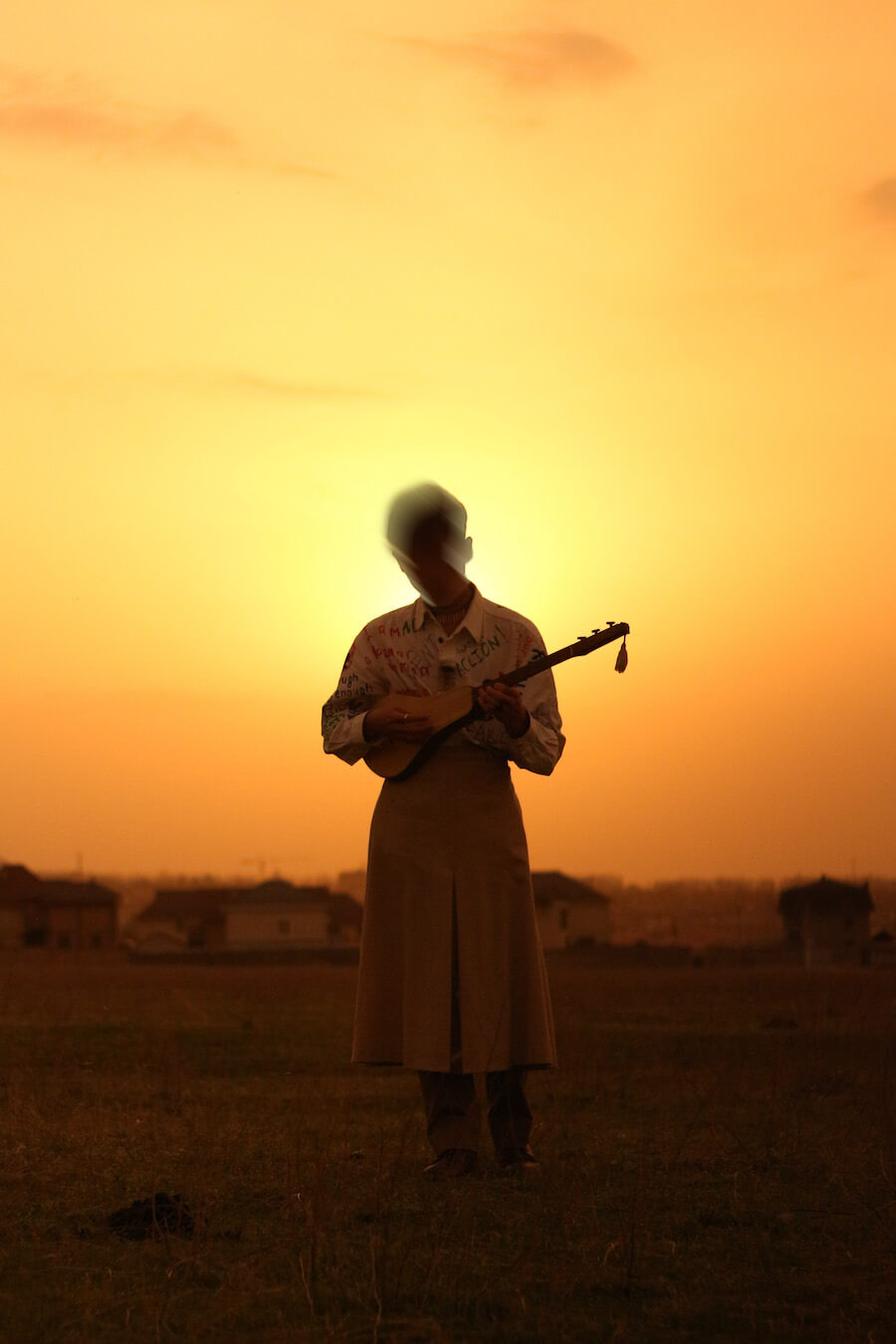

Growing up in Bishkek
I grew up in the suburbs. Since childhood, my relatives have never missed a chance to highlight my feminine attitude while underscoring my utmost responsibility to take care of my parents as the youngest son in the family. I grew up playing with dolls and rezinochka (rus.), also known as Chinese jump rope. The games are still gendered; not much has changed. When my parents were gone, my sister and I would play with our mother’s clothes and white wedding shoes, pretending to be models on a runway. We even sewed dresses for our dolls, ranging from cocktail skirts to majestic ball outfits. Looking back, I can’t clearly remember how my parents allowed me to play the “girly” games, but they would always urge me to play with boys. I got interested in music and traditional instruments in my third year at school and started attending the village music school instead of karate or football, which one would probably have had in mind.
I was able to cope with the tension from family members, but the bullying and ridicule I endured at school were unbearable. I always got A’s in school and participated in school events as a performer. Even though it made it easier for me to build relationships with and earn respect from my fellow students and teachers, as well as from the administration of the school, it was not easy to endure the systematic emotional pressure. The guys and some girls would never miss an opportunity to call me gay or goluboj (an anti-gay slur in Russian), be aggressive, or even threaten to beat me up. I was lucky enough that the boys in my class became less bigoted as we studied for years, but the guys in other classes didn’t. I was never good at sports except running, and my clothing style stood out.
My biggest fear was going to the school bathroom. It was a small room with three holes in the floor and no walls in between. The guys would usually gather there to smoke cigarettes and shake juniors down for money. As I was not a part of their clique and had peculiar behavior, I would choose to hold it until the classes were over or hope they weren’t there as I got out during the classes. My exceptional academic performance and being on good terms with teachers “made up” for me being gay, and other students started respecting me as we grew into high school. Then I made it to the final round of the United States’ cultural exchange program, which showed me another world out there: one in which your differences are celebrated and your peers show support and interest in you as an individual. I am not sure if the change was in fact that big, but it definitely showed me a different perspective on possibilities and diversity, where gender norms are present but intertwined with values of respect, integrity, and appreciation of your choices.
However, as I matured and started dressing more conventionally, it became clear that gender norms and a binary understanding of sexuality had triumphed. One could definitely spot me integrating into an adult world of rationalization and adjusting to the traditional gender norms in Kyrgyzstan and the Central Asian region. I could not, nonetheless, adapt to all the so-called securityscapes and become a heterosexual, cis gender man who is enjoying all the patriarchal privileges. The way I walked was still different.
Above all, the most “conservative” and “traditional” outfits on me would still surprise or trigger people on the street, who would often follow me and say something like “Is it a girl or boy?” or “pedik,” another anti-gay slur in Russian.
After returning from the United States, I started higher education in the liberal arts. Majoring in sociology, I read and wrote various research papers on family communication, the power of knowledge, and queer studies. It was, indeed, an eye-opening experience. It is rather weird when one starts understanding the systematic nature of the world and its socio-economic stratifications while still seeking individuality in identity. This learning process is by no means linear. At times I feel helpless and depressed because I cannot alter the world’s fundamental structure, and at other times I feel empowered by the insights I have gained.
Expressing myself abroad
I think the desire to express myself came to me when I flew to New York City to study abroad. After being limited to a box, bound by norms and fears for security, New York felt like a breath of fresh air. Of course, comparing the USA to Kyrgyzstan would be absurd, as each country has its own history and development. Still, in New York, I felt no pressure to be who I am. Liberation might be somewhat of a strong expression, as “coming out” is not really coming out. It is, paraphrasing Judith Butler, going from one closet, one framework of reality, to another. Without going further into the discussion of the liberation of a queer person from Kyrgyzstan, I could tell I felt more comfortable. But surprisingly enough, it didn’t set me free from all the standards of Kyrgyzstani society. One might say it was because of my knowledge that I would come back in five months. Another reason might be the deep fear that no conditions would ever allow me to feel my “true” self.
A more significant change came when I started writing my undergraduate thesis on local queer parties. I was always interested in self-expression but could not practice it fully due to the obvious reasons of internalized heteronormativity and potential punishments from the aggressive society. However, knowledge is powerful. Within the work on my academic thesis, I read more than a hundred academic articles and book excerpts to deepen my knowledge on self-expression and performance as resistance. Performance in my work is not necessarily open and exhibitive; it may entail mere understanding and accepting queerness. This notwithstanding, I found that it leads to expressive thoughts and ideas, which I myself had while visiting queer places in Bishkek. The power of resistance, though in closed spaces, still played a role for queers and me personally in expressing our hidden identities. I started changing my clothes to those I wanted, i.e., a skirt and a top with semi-transparent gloves or a t-shirt saying “HUMAN” with LGBTQ+ colored flags in each letter.
One cannot deny the powerful spatial politics of such spaces. Though periodically under attack and various conflicts in the homophobic and controlling repressive state and society, these spaces became so-called heterotopias, challenging heteronormativity, breaking the binary understandings of behaviors and dressing, providing queer persons with ease, at least for some time, and empowering them through celebration and acceptance from the surrounding people.
One does not need, however, to switch from heteronormative to queer style, whatever it might be. It is important to me not to fall into certain categories or framings, which we often do. While it is extremely hard to liberate oneself from existing structures, addressing the issues of framing and stereotypical thinking and expressing myself fully in my attire is still questionable for me. Clothes are functional, binary, and classified.
Why do I need to see the skirt as prettier than the pants and paint a t-shirt with LGBT+ flags to feel like I belong to a certain community? These questions never leave my mind while I study self-expression.

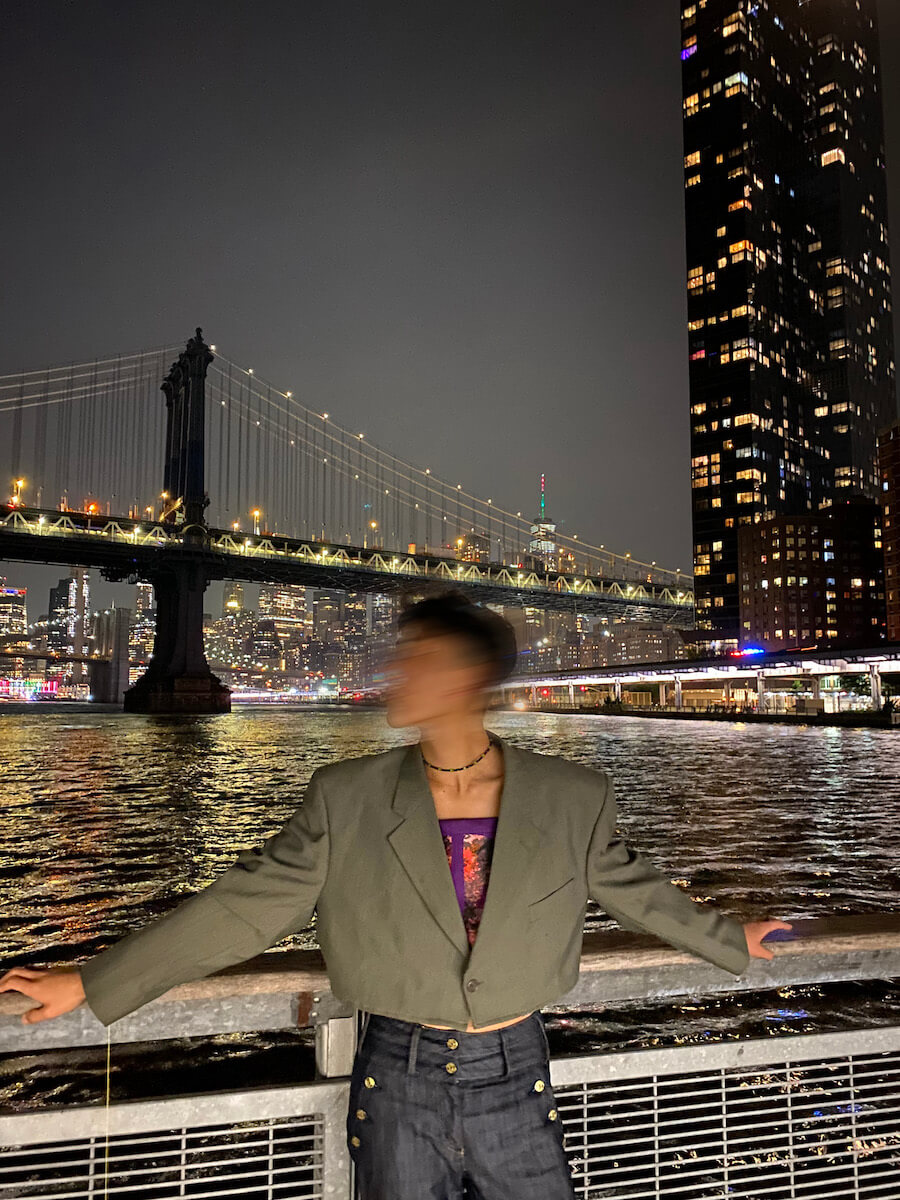
It is common to think that all of the West is liberal, but my most recent trip to New York City showed me a more nuanced picture of life in the country of, one would claim, democratic ideals of freedom of expression and tolerance. Though I had the ideal of free expression in mind, I was still rather restrained and thought twice before wearing a semi-transparent bodysuit and a beige skirt. I looked gorgeous, I thought. There was no apparent pressure. Yet I still received glances and giggles all around the city. One drastically different thing from my life in Bishkek, nonetheless, was that nobody dared to come and beat me up or personally show their dissatisfaction. I assume that the institutions that build and sustain those democratic ideals control unwanted aggression, both physical and emotional. But, as in my experience, it does not stop with the little things like giggles or homophobic glances. At the end of the day, not all people in the US are tolerant, not to mention the thousands of tourists from all around the world. The homophobic reality of the world is, indeed, much more complicated. Most people romanticize the so-called West, while the West itself is becoming more conservative, as we may notice in global dynamics. There is an irony to being in a cage of norms and, most importantly, personal restraints, which I still need to overcome. And, ironically enough, the cultural norms showed themselves more explicitly after the recent death of my second brother, who was on a labor migration to Russia.
Reconsidering my future
I am the youngest son in my family. In Kyrgyz culture, the last son in the family stays home to take care of his parents with his wife. After years of conversations about my education and future plans abroad, I thought there was an implied agreement in our family that my second brother would inherit the house and stay with my mother. We were all expecting his marriage, as he turned 28 and was getting older by Kyrgyzstani standards. Three months ago, we received a sudden call about his passing, which, of course, terrified us. But it is fair to say that the pressure for me to get married increased dramatically. Our close and far relatives started praying for me and my sister to get married as soon as possible so that we reach the standard of happiness in our lives to, as the saying goes, open “one of the ten flower leaves.”
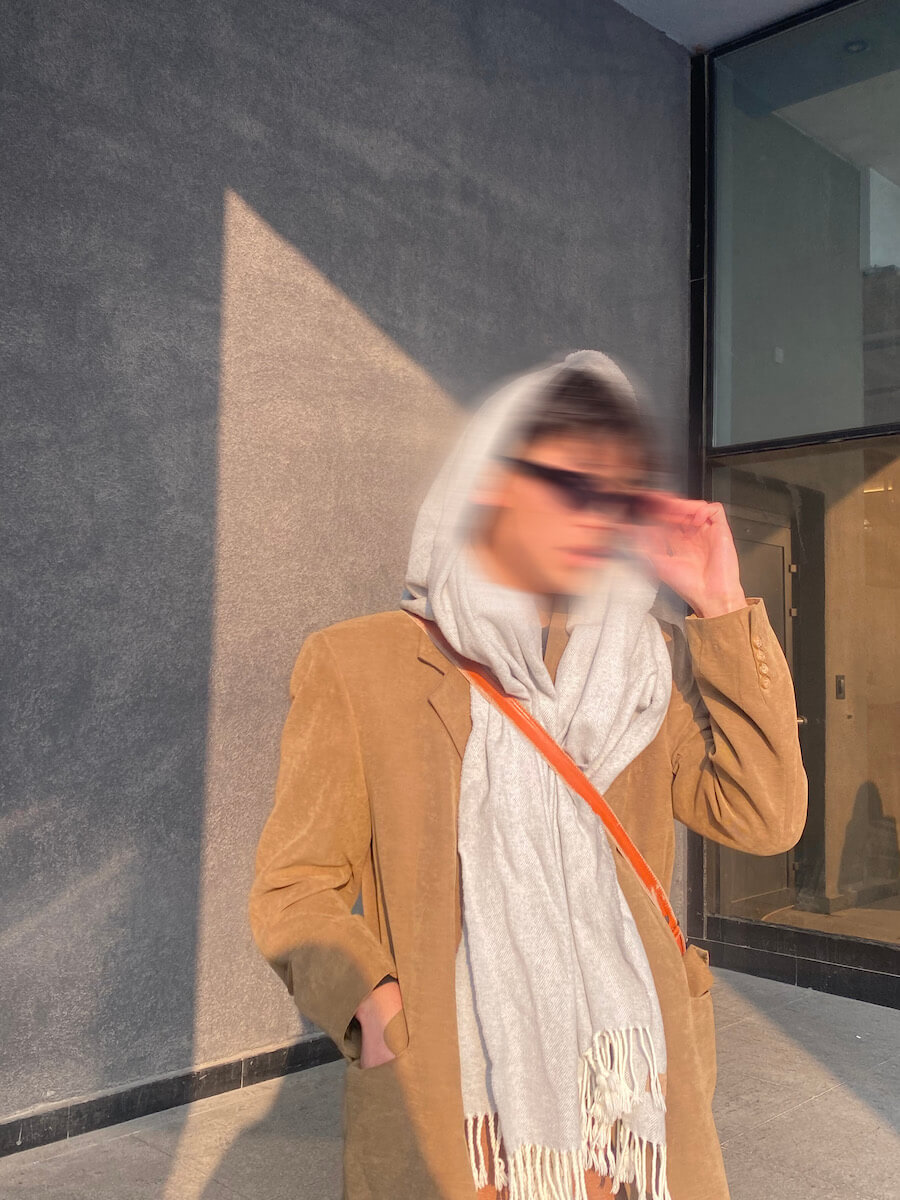
Such nuances of the cultural code leave me no choice but to reconsider my future and, perhaps, give up some of the freedoms that I have cherished and nurtured little by little. I even considered a fictitious marriage with a woman, which opposes my values and wants and implies the woman’s exploitation for the sake of delivering cultural norms. At the same time, I strongly internalized the idea of having children. In fact, I want children.
In a month, I will start my first Master’s abroad. Everyone, including me, is sad that my mother will be left home alone. When I talk about my desire to pursue the second Master’s, they get frustrated and insist on getting married first, ideally taking my mother with me abroad. She, in turn, seems to be silent because I know she always puts her children above her personal desires. At the end of the day, I recall all the sacrifices my mom made to bring me up, and ask myself what I could do in return. One might wonder why I should ever do so, but it is embedded in our cultural code and morals, which I consider myself to be a part of.
Sometimes life is unfair and makes one juggle culture, personal values, family, and needs. It seems I will reconsider my future plans, limiting my self-expression to my academic year abroad and leaning towards going back to my home country and taking care of my family. The complicated juggle between family and career is inevitable, and I might sacrifice self-expression and living out my sexual orientation for the well-being of the family and my mother, in particular.
Read more articles from the Issue
Nothing Found

Behind the Mask: Contemporary Drag Culture in Kazakhstan
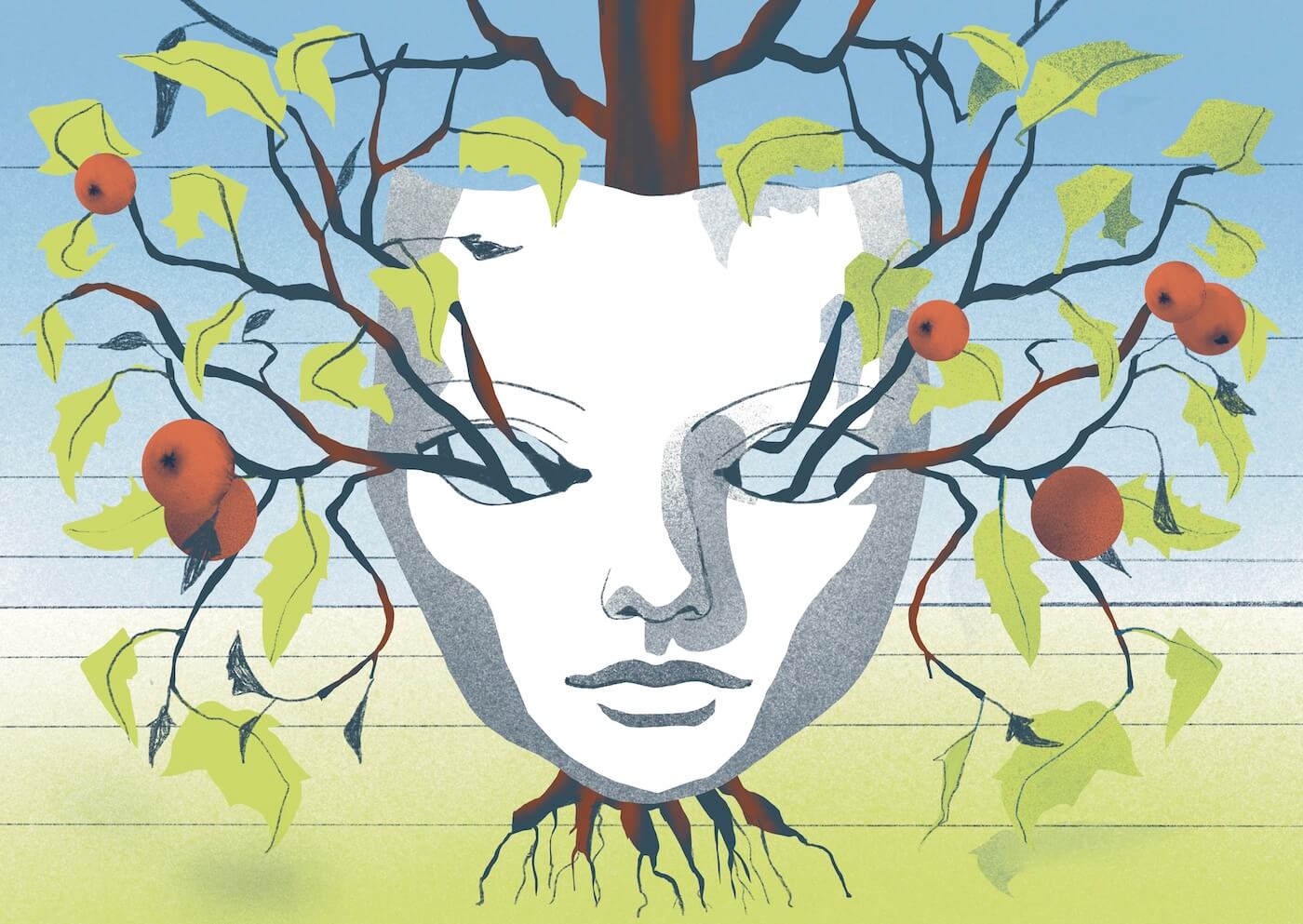
Three Stories from Moldova: Drag, Cinema, Literature

Chemo Dao
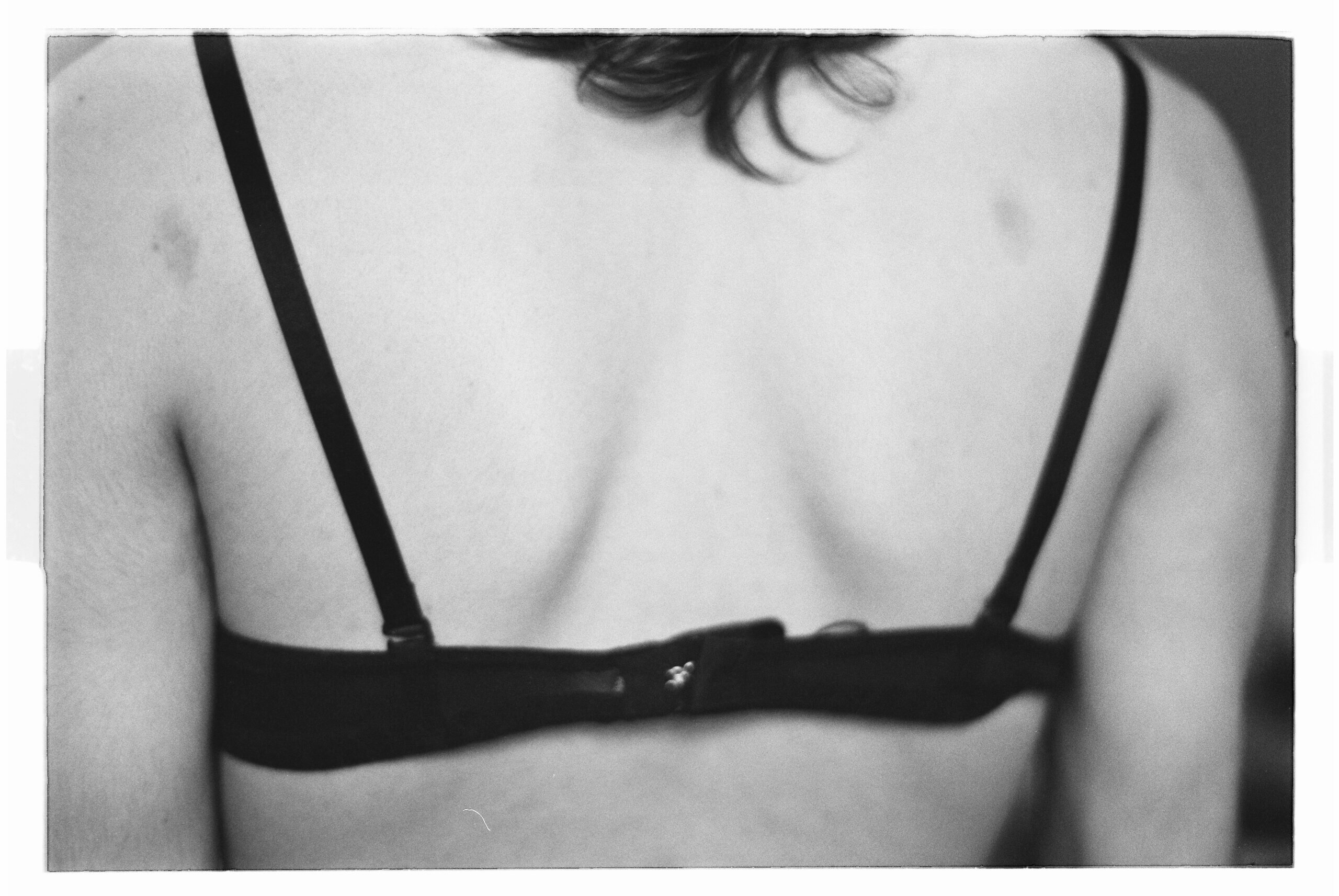
Drag in Armenia: An Evolution of the Artform

Guess the Fact – Queer Artist Edition
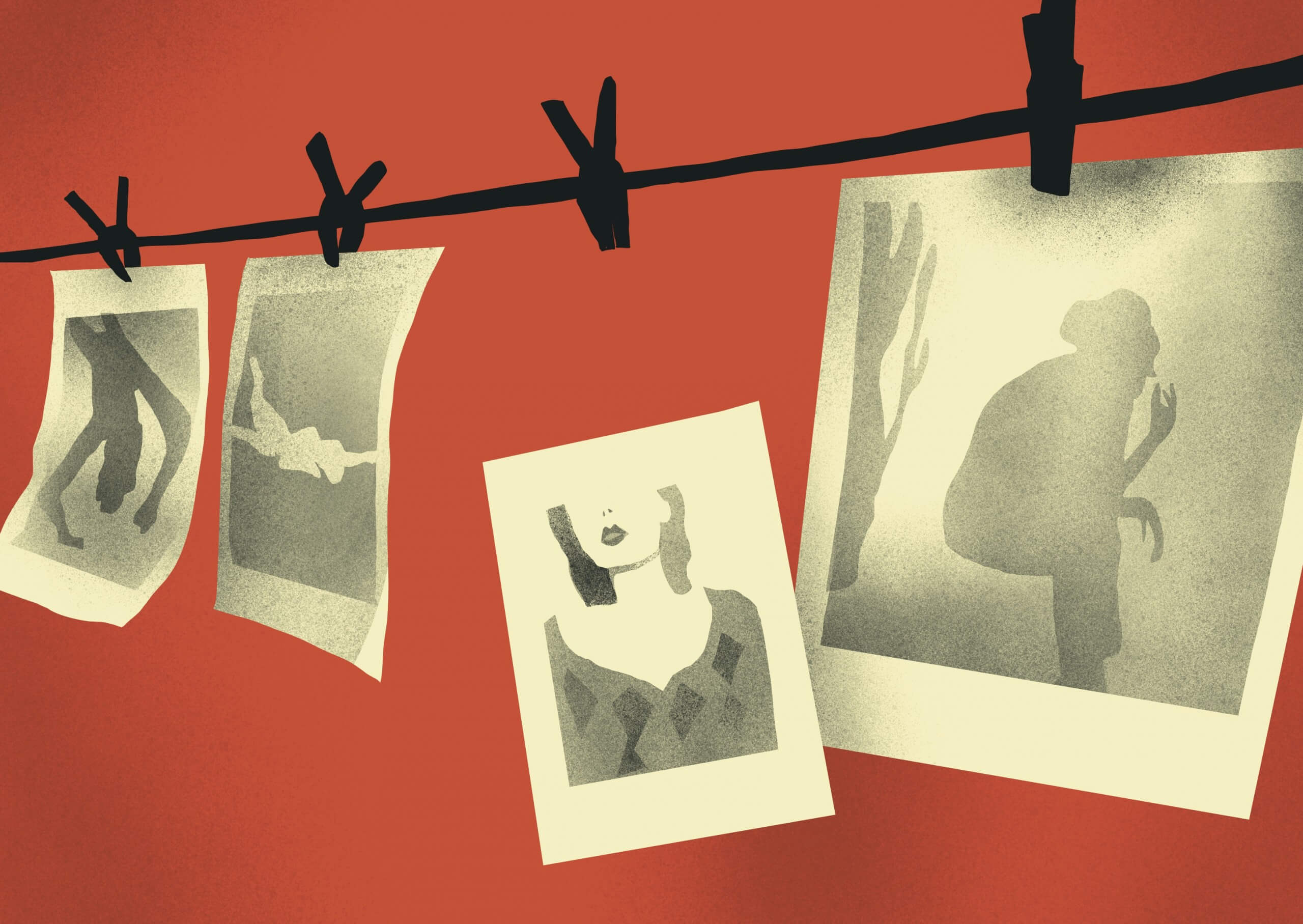
“Discover Your Own Point of Tension and Pleasure. Trust Both”
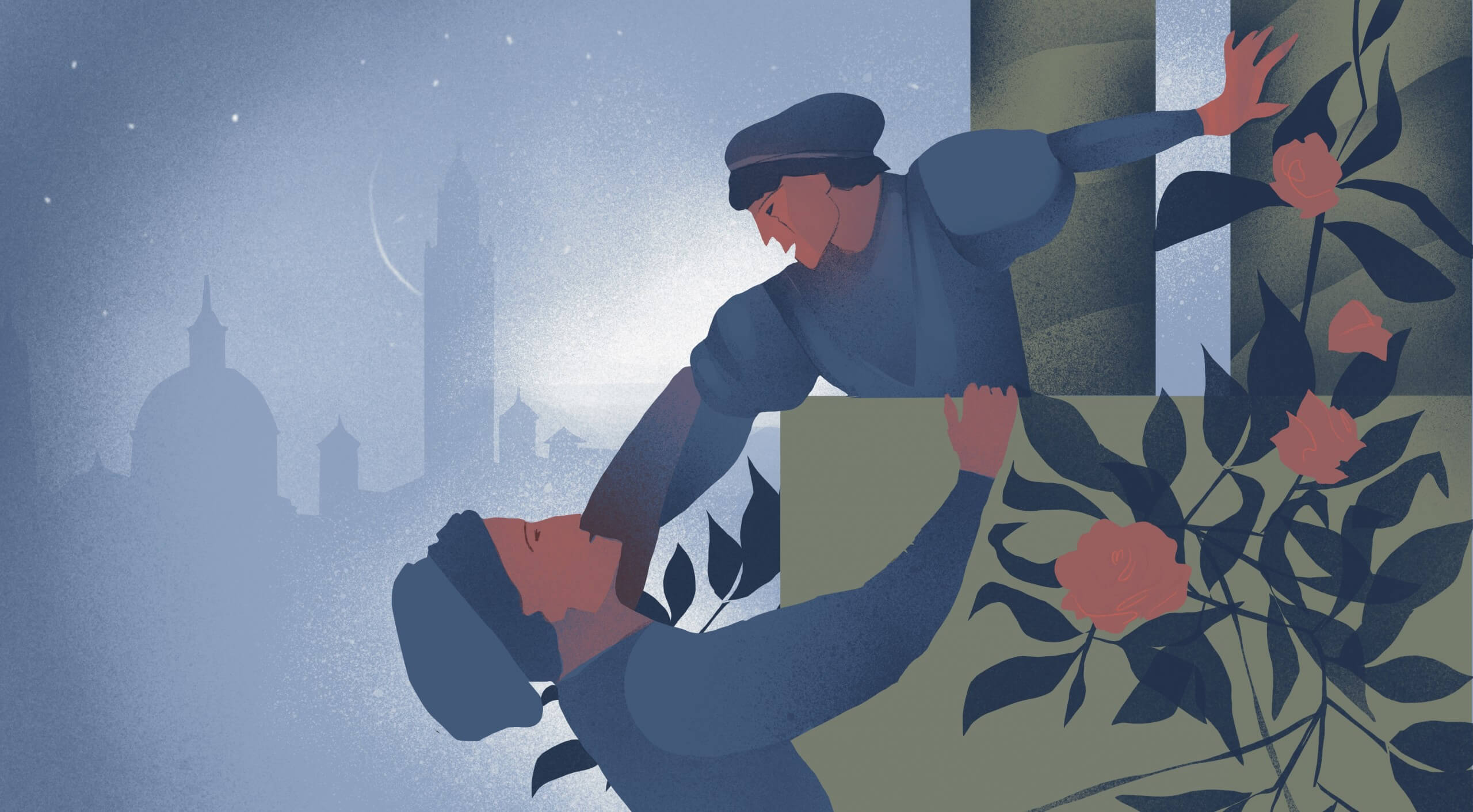
Colourful Petals

Emotions. Feelings. Uzbekistan
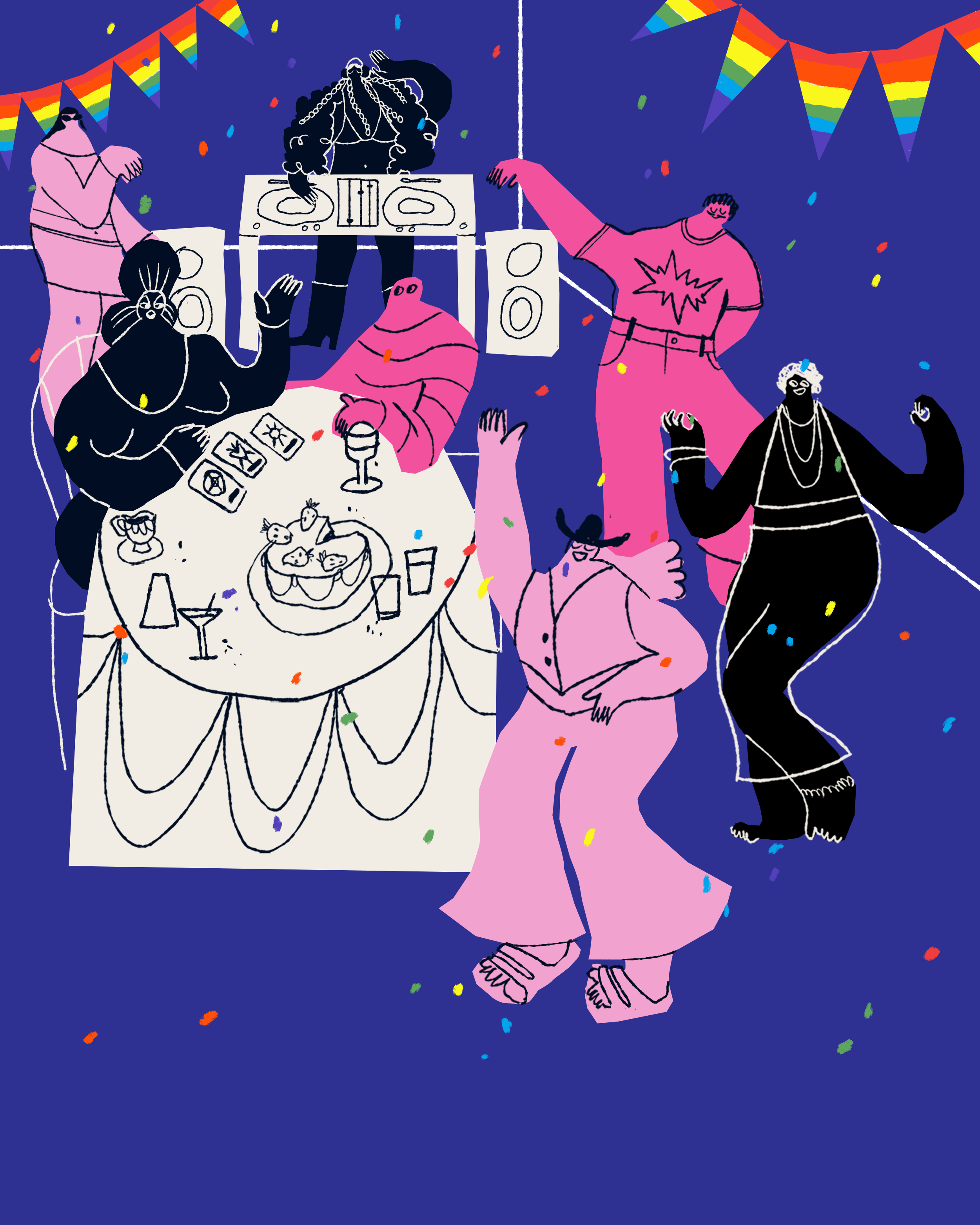
Peculiarities of Running LGBTQ Spaces in Kazakhstan

